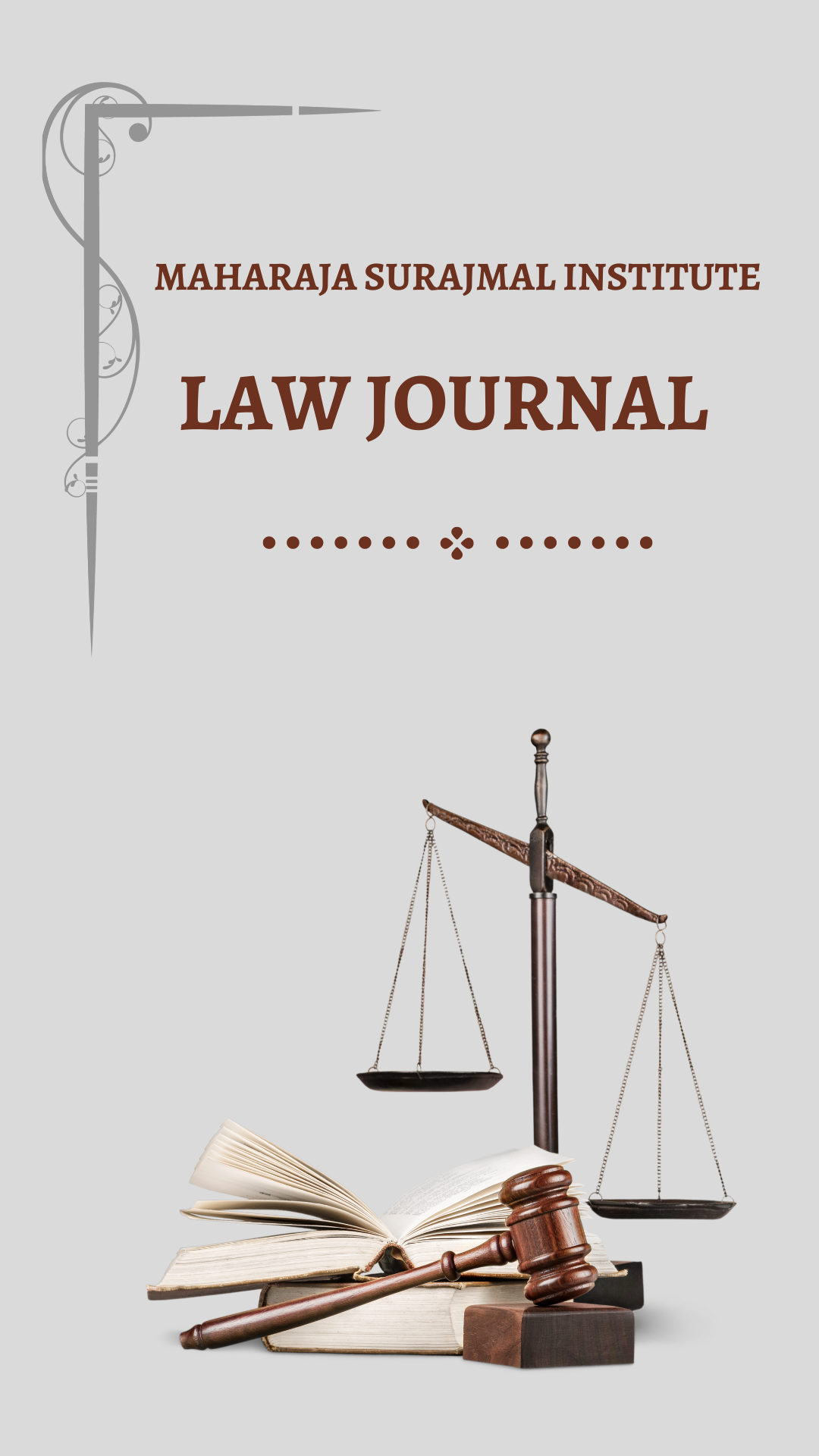FREE TRADE vs. FAIR TRADE: ASSESSING THE EQUITABILITY OF INTERNATIONAL TRADE PRACTICES
DOI:
https://doi.org/10.48165/msilj.2024.1.1.3Keywords:
Free trade, International trade law, Equitability, Developing countries, Multinational corporations, ConsumersAbstract
In recent years, international trade has seen a growing debate around the contrast between free trade and fair trade, with researchers exploring how each approach impacts the global economy and society. This research paper examines the key principles and historical context of both free trade and fair trade, highlighting their respective advantages and challenges in the real world.The paper begins by discussing free trade, emphasizing its foundational concepts such as market forces and comparative advantage. While free trade is often associated with efficiency and global growth, it has also faced criticism for exacerbating social and economic inequalities. By presenting cases of both prosperity and problems resulting from free trade agreements, the research sheds light on the complexities of this approach.On the other hand, the paper delves into fair trade, which prioritizes fair wages, good working conditions, and environmental sustainability. Researchers assess the successes and limitations of fair-trade initiatives and question whether they can be scaled up to impact the broader economy. The paper also explores the role of trade laws, transparency, and binding rules in promoting fair competition and addressing concerns related to globalization and open borders.By presenting a comparative analysis of free trade and fair-trade practices, the paper introduces the concept of "balanced trade," which seeks to combine the efficiency of free trade with the ethical considerations of fair trade. This balanced approach aims to achieve a more equitable global trade system that aligns economic prosperity with ethical and environmental responsibility.Through this examination, the research paper contributes to the ongoing discourse on the future of international trade practices and policy, advocating for a balanced approach that addresses the diverse challenges and opportunities in global commerce.




